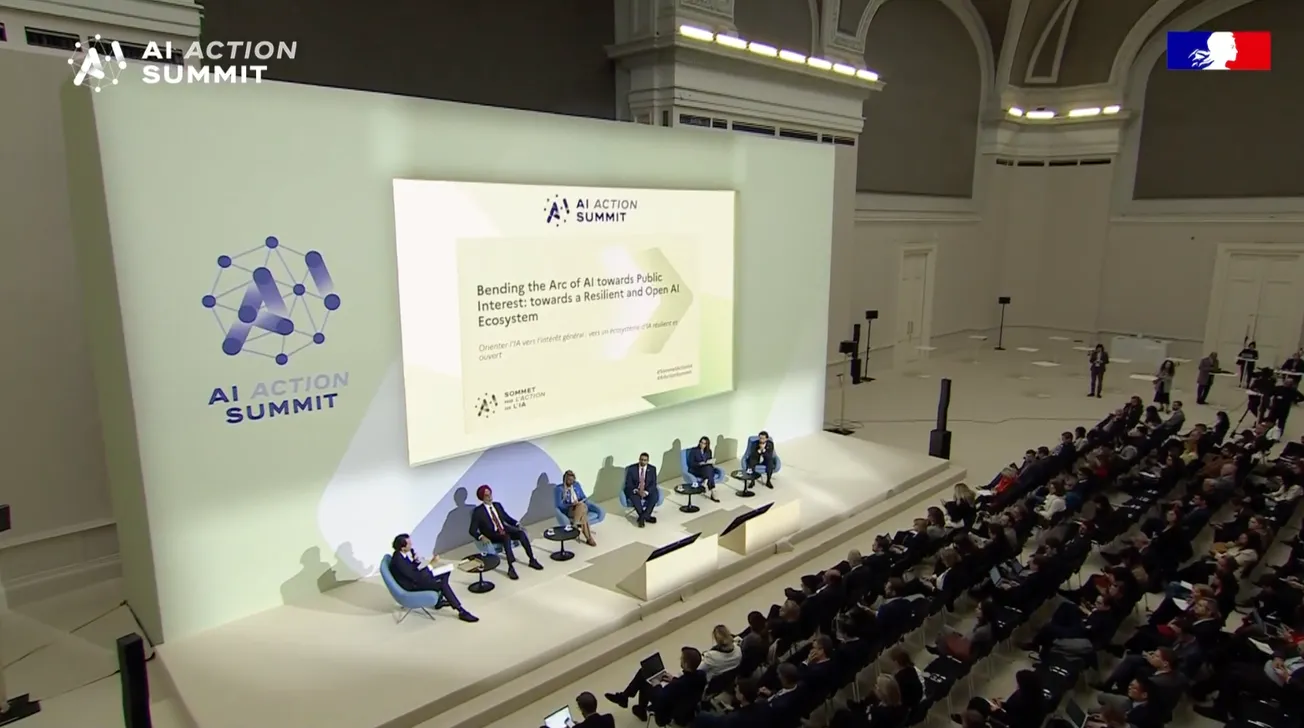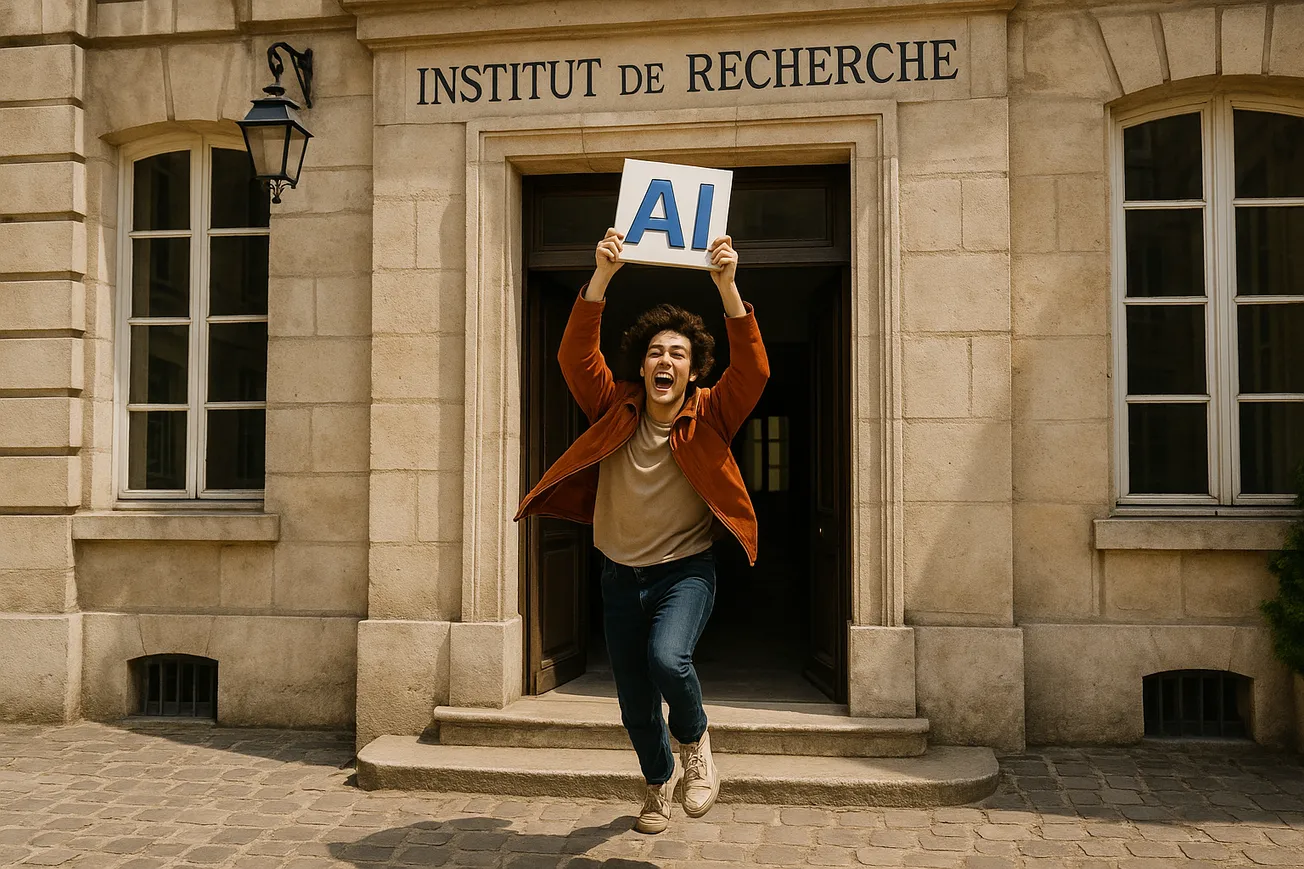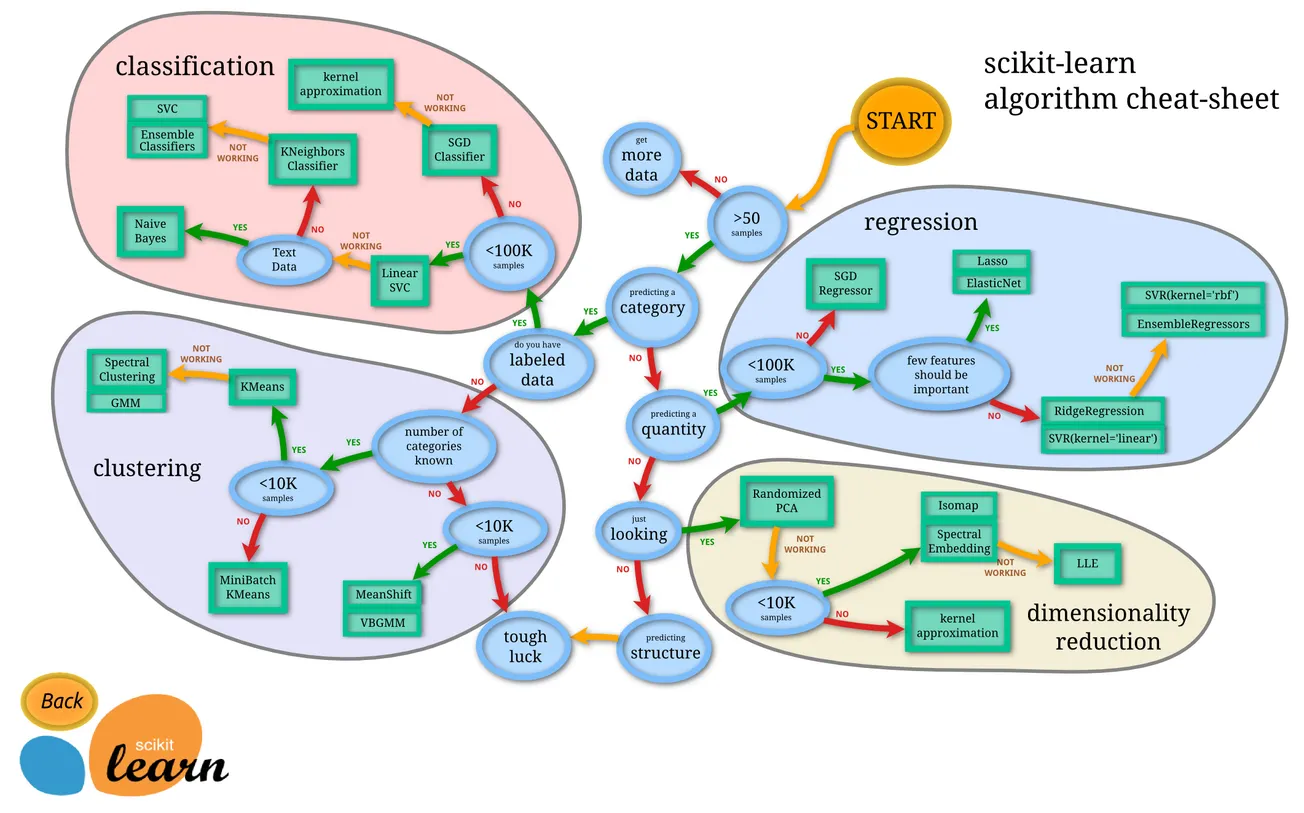AI Summit Day 1: Bending the Arc of AI Towards a Resilient and Open AI Ecosystem
"We need to stop thinking about the decisions made about AI as something that technology company leaders do. We have to take back the control of those decisions."

Latest

👻 French Tech Wire: France Spooked By Fears Of Great Founder Migration
As France’s AI founders eye the U.S., a new wave of startup soul-searching sweeps the nation. Also: How Interstellar Lab and Barbara Belvisi are reinventing the future of agriculture on Earth and in space; and World Fund makes a big green bet on France. Happy Halloween, y'all! Boo! 🙀🫣

Barbara Belvisi + Interstellar Lab: Cultivating the Future of Life on Earth and the Final Frontier
Starting in finance, her career detoured through VC before its current destination: Building BioPods that look more like spacecraft than greenhouses. These AI-powered farming systems address Earth's sustainability challenges while serving as a dress rehearsal for humanity's multi-planetary future.

La Machine #48: Probabl's Cause Takes AI From Lab to Launchpad
Scikit-learn’s creators aim to turn France’s AI research into global business with Probabl. Plus: Doctolib’s AI parenting assistant, Mistral’s new enterprise platform, France’s civil-service chatbot, OpenAI’s Paris expansion, and this week’s top AI funding rounds.

Mission Probabl: The Quest to Transform French AI Research into A Tech Champion
Scikit-learn, born at a French research institute, is one of the world’s most-used machine learning libraries. Probabl aims to turn it into a global business. Its journey reveals France’s AI potential and the structural hurdles of commercializing public research.


